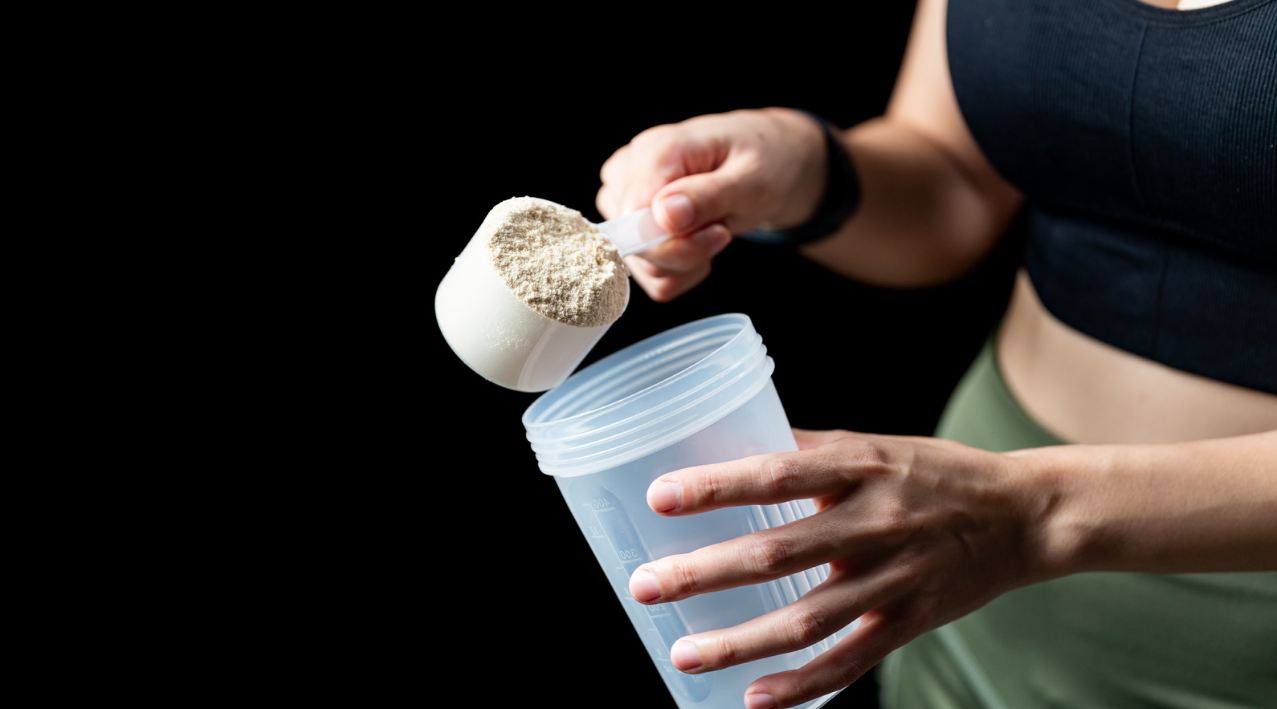Protein often takes center stage in discussions about fitness and nutrition—and for good reason! Whether you’re working to build muscle, shed extra pounds, or simply improve your overall health, protein plays a crucial role in supporting your goals. Let’s explore why this macronutrient is such a game-changer and how to make the most of it in your diet.
1. Protein: The Building Block of Muscles 🏋️♀️
Muscles are made of protein, so it’s no surprise that this nutrient is essential for growth and repair. When you exercise, especially with resistance training, your muscles experience small tears. Protein helps repair these tears, making your muscles stronger and larger over time.
- Amino acids (the building blocks of protein) are key to this process. Foods like chicken, fish, eggs, and plant-based sources like tofu and lentils provide the amino acids your body needs.
- Aim for 20-30 grams of protein per meal to maximize muscle protein synthesis.
2. Protein for Weight Loss: Why It Works 🍳
Protein isn’t just for bodybuilders. If you’re looking to lose weight, adding protein to your diet can be a game-changer:
- Boosts Satiety: Protein keeps you feeling full longer, reducing the likelihood of snacking on unhealthy options.
- Increases Metabolism: Digesting protein burns more calories than carbs or fats (this is known as the thermic effect of food).
- Preserves Lean Muscle Mass: When losing weight, it’s essential to retain muscle to keep your metabolism efficient. Protein ensures your body burns fat, not muscle.
3. How Much Protein Do You Need?
Your protein needs depend on your goals, activity level, and body weight:
- For muscle building: 1.2-2.0 grams per kilogram of body weight per day is a good target.
- For weight loss: Aim for the higher end of that range to maintain satiety and muscle.
- Active individuals often benefit from spreading their protein intake evenly throughout the day.
4. High-Protein Foods to Include in Your Diet 🍗
Here are some excellent protein sources:
- Animal-based: Chicken breast, turkey, lean beef, eggs, Greek yogurt, cottage cheese, fish (like salmon and tuna).
- Plant-based: Lentils, chickpeas, black beans, tofu, tempeh, quinoa, edamame, nuts, and seeds.
- Supplements: Whey or plant-based protein powders can help meet your needs on busy days.
5. Timing Matters 🕒
To maximize muscle growth, consume protein within 30 minutes to two hours post-workout. This window, known as the anabolic window, helps kickstart muscle repair and recovery.
6. Common Myths About Protein Debunked 🧐
- “Too much protein is harmful to your kidneys.” For healthy individuals, there’s no evidence that high-protein diets harm kidney function.
- “You can only absorb 20 grams of protein per meal.” Your body can process protein beyond 20 grams; excess is used for other bodily functions.
Make Protein Work for You!
Incorporating protein into your diet doesn’t have to be complicated. Plan your meals to include a protein source, whether that’s a grilled chicken salad, a protein-packed smoothie, or a lentil curry.


